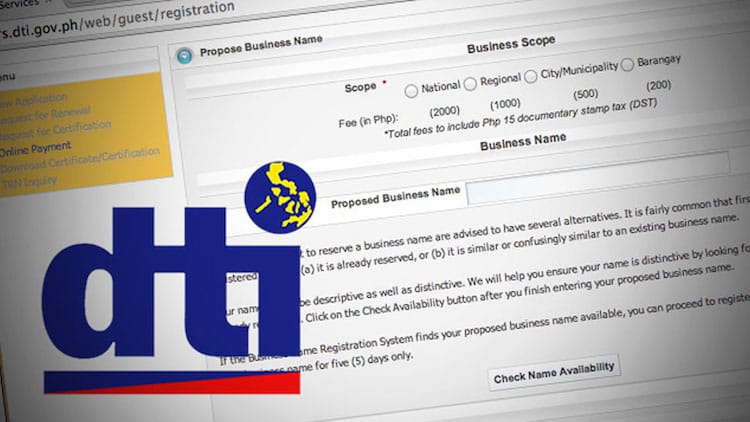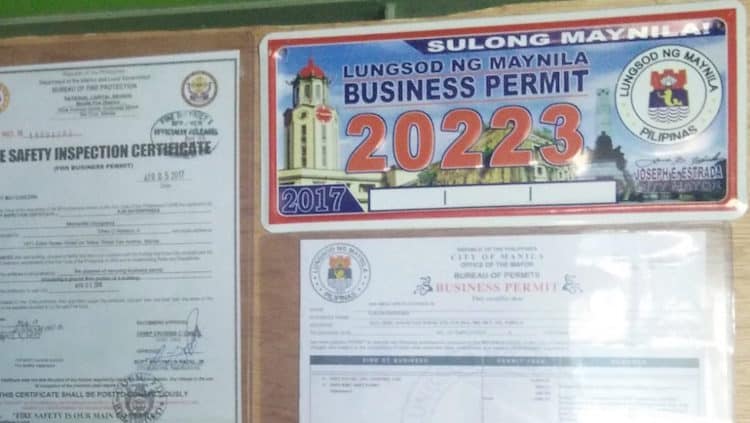If you’ve been hanging around our blog for a while, you’re probably familiar with what we do. Then again, outsourcing to the Philippines has been a hot topic for quite some time now, so it doesn’t really need much of an introduction.
So, today is all about taking things a step further. We’re talking about putting up an actual business in the Philippines.
Wait, Foreigners Can Put Up a PH Business? Really?

Image Credit: smallbusiness.co.uk
Yep. It’s a big misconception that foreigners can’t put up a business here. Granted, there are limitations, but there are actually many industries that welcome foreign investments. Some of them even offer fiscal and non-fiscal incentives for such.
However, do bear in mind that a foreigner’s equity in a Philippine business shouldn’t exceed 40%. In other words, you can’t be the company president. This is especially true in industries where foreign ownership is restricted to a specific percentage. You can check out the Philippine Foreign Investment Negative List for more details.
On the other hand, there are exceptions. One is if your domestic business has a minimum paid-in capital of USD200,000 (about AUD286,724.). Another is if your business employs 50 or more locals or operates with advanced technology (and, in the latter’s case, with a minimum paid in capital of USD100,000 or AUD143,362). In both cases, a foreigner can then fully own their business.
Register Your PH Business in Seven Steps
First, you have to decide if you want your business to be a sole proprietorship or a corporation. Also, you need to pick out a business name and verify its availability. From there, you can proceed to the following:
Register with either DTI or SEC.

Image Credit: ken.ph
Sole proprietorship should register with the Department of Trade and Industry (DTI). Corporations, on the other hand, are under the Securities and Exchange Commission’s (SEC) jurisdiction.
Also, if your business is a corporation, you need to have a lawyer draft your Articles of Incorporation.
Avail of a TIN and COR from the Bureau of Internal Revenue.

Image Credit: imoney.ph
A TIN is your Taxpayer Identification Number, while a COR is your Certificate of Registration. Corporations typically get a pre-registered TIN when they get their SEC certificates, but sole proprietorships would need to register theirs with the Bureau of Internal Revenue (BIR).
Afterwards, the BIR should issue your COR. It should be valid for five (5) years.
Open a corporate bank account at a local bank.

Image Credit: medium.com
Most bank accounts require a minimum of Php5,000 (about AUD142.98) as an initial deposit. If your business is a corporation, you may need to present the bank with a copy of your Articles of Incorporation.
Establish the location of your local office.

Image Credit: adventuremarketingsoultions.com
If you will be renting a commercial space, do secure a Contract of Lease. Otherwise, you will need to secure a land title.
You will then need to obtain a barangay clearance. Barangays are the smallest administrative bodies in the Philippines, and they will check your initial registration papers. Afterwards, you’ll probably have to avail of general insurance and pay a fee before they can release your barangay clearance, which you will need for the next step.
Get a mayor’s permit.

Image Credit: efrennolasco.com
Each city’s requirements may vary, but they typically include your lease contract, barangay clearance, and community tax certificate. You can apply for the latter at your office’s barangay. Bear in mind that there may be additional requirements based on the industry that your business falls under.
As with the barangay clearance, you will need to pay a fee and submit the complete requirements to get a mayor’s permit.
Register your intellectual property rights, if any.

Image Credit: innovation-asset.com
This is especially important if you will be bringing in unique technology or processes. You do need to protect your competitive advantages from copycat competitors. Click here to learn more.
Process employee requirements.

Image Credit: iStock
Assuming that you’ve already hired local staff, you now need to register them for their mandatory requirement benefits. These include their Social Security System (SSS), Philhealth, and Home Development Mutual Fund (HDMF)/PAG-IBIG benefits.
Serena has been working remotely and writing content for the better part of the last decade. To date, she's written for Pepper.ph and Mabuhay Magazine, among others, and has churned out more than a thousand articles on everything from The Basics of Stock Market Investing to How to Make Milk Tea-Flavored Taho at home. Hermits, aspiring hermits, and non-hermits with interesting project propositions may email her at serena.estrella10@gmail.com.
























 Zero Recruitment Fee
Zero Recruitment Fee